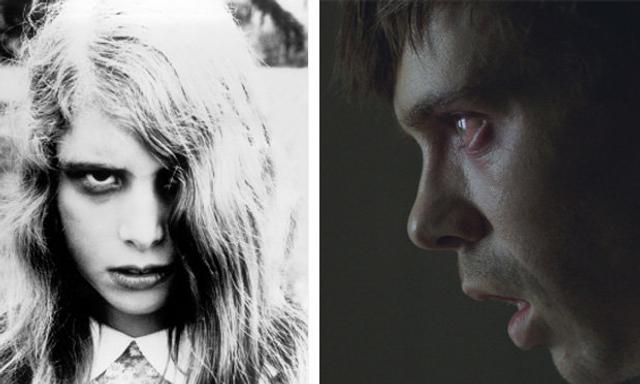A new zombie movie hits cinemas this week called The Cured and it marks the first time the Irish have had a proper go at the enduring genre.
With a history of films that spans back over fifty years, zombie movies have, ironically, proven that they really do have a sort of immortal life, and have infiltrated a number of media, not to mention video games (the Resident Evil games and subsequent movies – which remain, by the way, the highest-grossing film series to be based on video games ever) and TV with The Walking Dead.
Before 1968’s game changer Night of the Living Dead, zombie movies tended to be of the B-movie, monster variety and in fact, back then, zombies weren’t as we know them today, the definition back then meaning rather these kind of mindless, hypnotised henchmen who were under the influence of a powerful magician. With Night of the Living Dead (which, interestingly enough, doesn’t even mention the term zombie), they were redefined as the cannibalistic, difficult-to-kill beings we know them as today (with variants on special abilities, speed, etc. depending on each subsequent movie’s interpretation).
There are two other things to note in relation to Night of the Living Dead which are tantamount to understanding it as a seminal text to the genre. Firstly, it is worth noting that its release came in conjunction with the replacement of the censorship system with a ratings system, which would eventually grow into the MPAA system (G, PG, 12A, R, etc.) we roughly all use now. Before 1968, censorship meant that all movies had to appropriate for a general audience, which meant no violent or sexual content. Thus eliminating such constraints has been vital to developing the body of films into what we have today. Moreover, the social commentary inherent to Night of the Living Dead can’t be underestimated. Over the years, the movie has been read as a commentary on 1960s American society and its capitalist, consumerist culture, and also as a critique of racism and allegory of the Vietnam War. Zombie movies didn’t have to be mindless (pardon the pun) entertainment – like other genres, they could integrate a powerful messages and criticisms about the modern day.
George A. Romero, whose name will forever be renowned for all he has done in the name of zombie movies, followed Night of the Living Dead with Dawn of the Dead and Day of the Dead. Between them, the trilogy has spawned several movies, between remakes, Romero’s Dead series, the Return of the Living Dead series, and Russo’s living dead series. Over the years many major Hollywood directors made their breakthrough in the film industry with zombie movies, including Edgar Wright (Shaun of the Dead), Sam Raimi (The Evil Dead), Peter Jackson (Braindead), and Zack Snyder (Dawn of the Dead), whose films offered fresh takes on Romero’s blueprint.
The zombie genre has never not been diverse, but the past twenty years or so has seen them truly onslaught the mainstream. Aside from the aforementioned video games and TV shows, the genre has seeped into animation in the likes of Paranorman, comedy, even of the romantic variety in Warm Bodies, action blockbusters with Zombieland and World War Z, thrillers like 28 Days Later, and slow-burning family dramas such as Maggie. Heck, we’ve even had Nazi zombies (Dead Snow), Cuban (Juan of the Dead) and Korean zombies (Train to Busan), and now our own Irish zombies in a film that explores what happens to zombies after they’ve been cured, and can they ever be welcomed back to society after the unspeakable deeds they have committed. It’s fascinating stuff and inspiring to see that after all this time, and all these movies, fresh takes on the genre are still possible.









































































